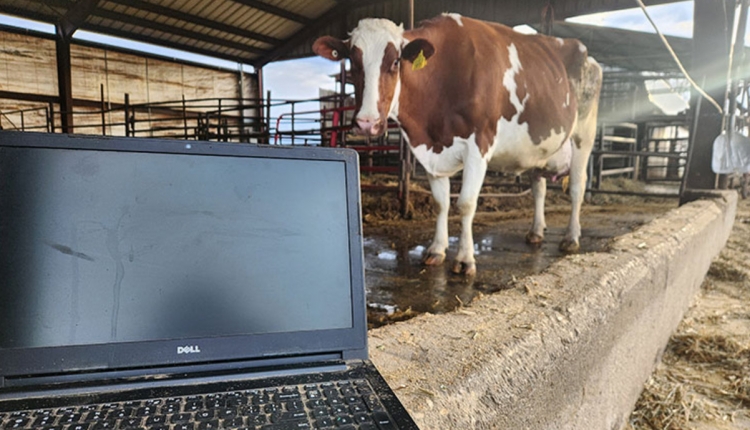Green Bay, Wis., is the site of the 5th national AgSTAR conference. For those of you unfamiliar with AgSTAR, it is a joint program between the EPA, USDA, and the U.S. Department of Energy aimed at encouraging the use of methane recovery systems on America's farms. Their website has plenty of information on methane digestion, so we'd encourage you to look at it if you have the chance. The event started yesterday and will continue into tomorrow. It is being attended by over 200 people mostly from the methane digestion industry. While Green Bay, Wis., may not seem like a central location to host a national conference, it is conveniently located in the state with the most on-farm digesters - Wisconsin. Yesterday, conference participants participated in an optional tour of two farms currently involved in methane digestion: Green Valley Dairy in Krakow, Wis., and Pagel's Ponderosa Dairy, LLC, in Kewaunee, Wis.
In an afternoon session titled "Lessons learned," representatives from those two toured dairies along with others from Chaseburg Organic Dairy which is in the building phase of digester implementation and Vir-Clar Farms which has been operating a digester for several years. Farmers shared their first-hand accounts of what it is like entering the methane digestion business.
John Pagel of Pagel's Pondersa Dairy realized the crowd consisted of people in industries not traditionally tied to dairy (most are in the energy business) and took a moment to educate the crowd about the dairy industry's extreme challenges in the last 18 months. Unfortunately, many in the crowd were not aware.
Each farm representative took 10 minutes to share their experiences. Each one of them were pleased that they had added methane digestion to their dairy. Gary Boyke of Vir-Clar Farms in Fond du Lac, Wis., even said that in 2009, one of the hardest years ever for the dairy industry, "my digester was the only part of my business that made money." He then added, "Am I getting rich on it? No. But I am also not losing money." And while many of the conference's attendees had their eyes focused on energy production, none of the farms said that was why they built and continue to operate a methane digester. "We did it for public acceptance (of our large farm) primarily, and odor reduction," said John Pagel. Gary Boyke shared many of the same sentiments. "It was all worth it when someone came up to me and said 'Oh, you operate that eco-friendly dairy over by the lake, don't you?' Those are things that you can't put a price on," Boyke said.
We'd be lying though if we said these digester farms didn't come without challenges (and some headaches along the way.) Melissa Van Ornum of GHD, Inc., is a methane digestion system developer and reminded attendees to keep realistic expectations of these systems and understand that each digester will be very different and have its own set of challenges.









